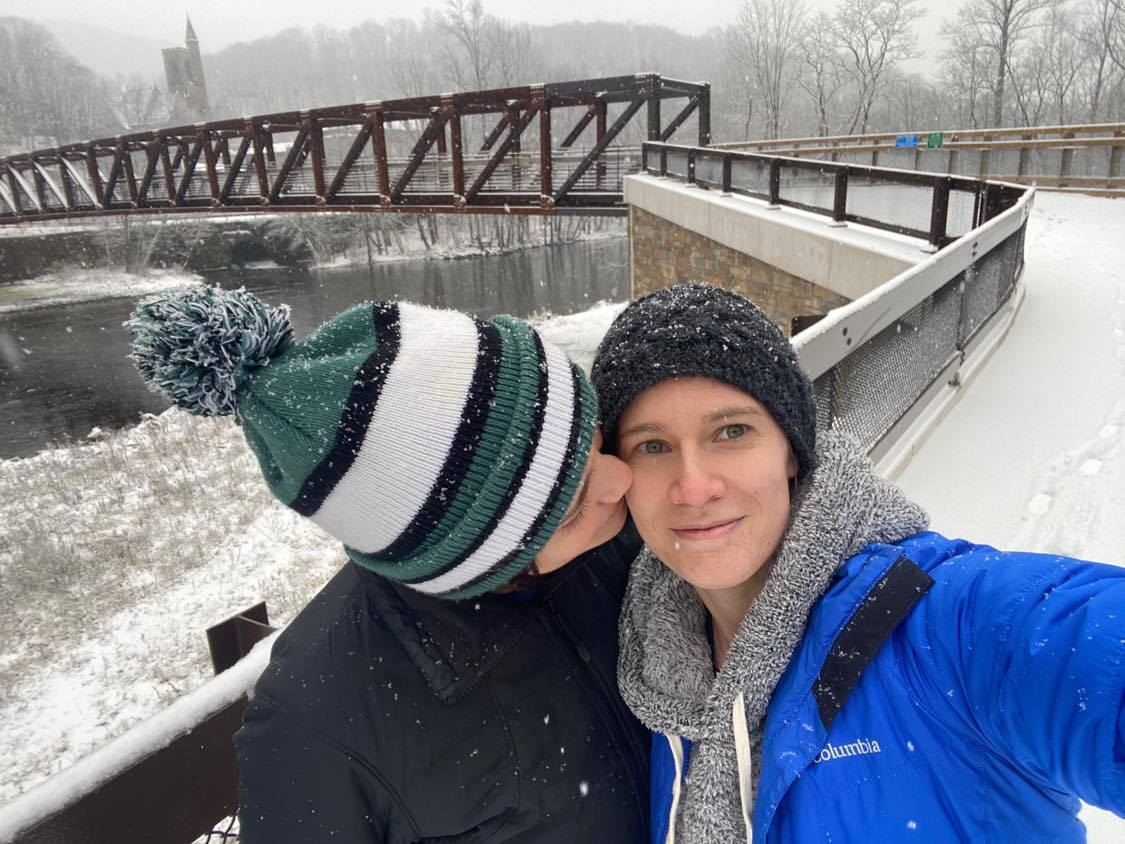What is DXM?
So, what is DXM? DXM stands for dextromethorphan. It is often called robotripping. DXM is a cough-suppressing ingredient found in a lot of over-the-counter medications. It can be found as a spray, syrup, tablets, or in lozenge form. At very high doses, it creates a psychedelic effect. At proper doses, it just suppresses a cough and causes some drowsiness. DXM was initially marketed as an alternative to codeine and was said to have less possibility of abuse than codeine. Over time, however, DXM has become a drug of abuse as well.
What is DXM - Short Term Side Effects
The recommended dosage is between 10 and 30mg at a time, and a person should not take it for more than 7-10 days in a row. A user will generally feel the effects within 15 to 30 minutes, and the side effects usually last between 3 and 6 hours.
There are 4 stages of DXM usage, called plateaus:
1.) A user takes around 100mg of DXM – this causes feelings of stimulation. Some people describe it as being similar to being ‘buzzed’ after a drink or two.
2.) A user takes between 200mg and 400mg of DXM. At this level, they are likely to experience visual hallucinations and euphoria.
3.) A user takes between 300mg and 600mg. At this plateau stage, the user is likely to experience hallucinations, euphoria, significant perceptual distortions, and significantly impaired motor functioning and coordination. Perceptual distortions alter how a person sees what is actually in front of them, while hallucinations are usually seeing or hearing something that is not there.
4.) A user takes more than 600mg. The user is likely to experience extreme sedation, hallucinations, loss of control over body movements, and dissociative effects. The dissociative effects can cause the feeling that they are leaving their body or that things around them are not real.
Long Term Side Effects of DXM
Long term use can, of course, create a tolerance, so the person has to use more and more to get the effects of the DXM. If a person is taking it often and suddenly stops taking it, they can experience the following withdrawal symptoms:
- anxiety
- insomnia
- restlessness
- diarrhea
- nausea or vomiting
- upset stomach
- weight loss
- cravings

Some people report a hangover type feeling after taking high doses of DXM. It also leads to addiction and addictive behaviors.
Can You Overdose on DXM?
Many people hear the word DXM or dextromethorphan and ask: what is DXM, and can you overdose? Yes, you can overdose. Some symptoms of overdose include the following:
- Breathing problems – shallow or depressed breathing
- Blurred vision
- Drowsiness and dizziness
- Hallucinations
- Changes in blood pressure (high or low)
- Hot flashes
- Involuntary muscle twitches
- High body temperature
- Nausea
- Vomiting
- Slurred speech
- Paranoia
- Impaired judgment
- Disorientation
- Seizures
- Heart attack
- Coma
As you see, extremely high doses can be very dangerous. A lot of the effects of DXM are the same as the overdose symptoms, so it may be difficult to tell if someone is experiencing an overdose or not. Sometimes during an overdose, people will be given Naloxone, which is commonly used for opiate overdose. While DXM is a derivative of an opiate, it is not itself an opiate. However, Naloxone has had some positive effects on DXM overdose in some cases.
More About DXM
DXM is especially dangerous when mixed with alcohol or other drugs and is much more likely to cause an overdose or death. If you’re on an antidepressant and also take too much DXM, serotonin syndrome can occur. Serotonin syndrome occurs when you take medications that cause high levels of the chemical serotonin to accumulate in your body. Too much serotonin causes signs and symptoms that can range from mild, including shivering and diarrhea, to severe, which can consist of muscle rigidity, fever, and seizures. If serotonin syndrome is not treated, it can become so severe that it causes death. People who abuse drugs are often self-medicating for some other mental health issue, so it is possible that someone abusing DXM would also be on antidepressants.
If you are ever in a situation where you suspect you or someone you know is overdosing on DXM, call 911 and get to the hospital immediately for treatment. It’s always better to err on the side of caution and get help, even if you aren’t certain that it’s an overdose.
